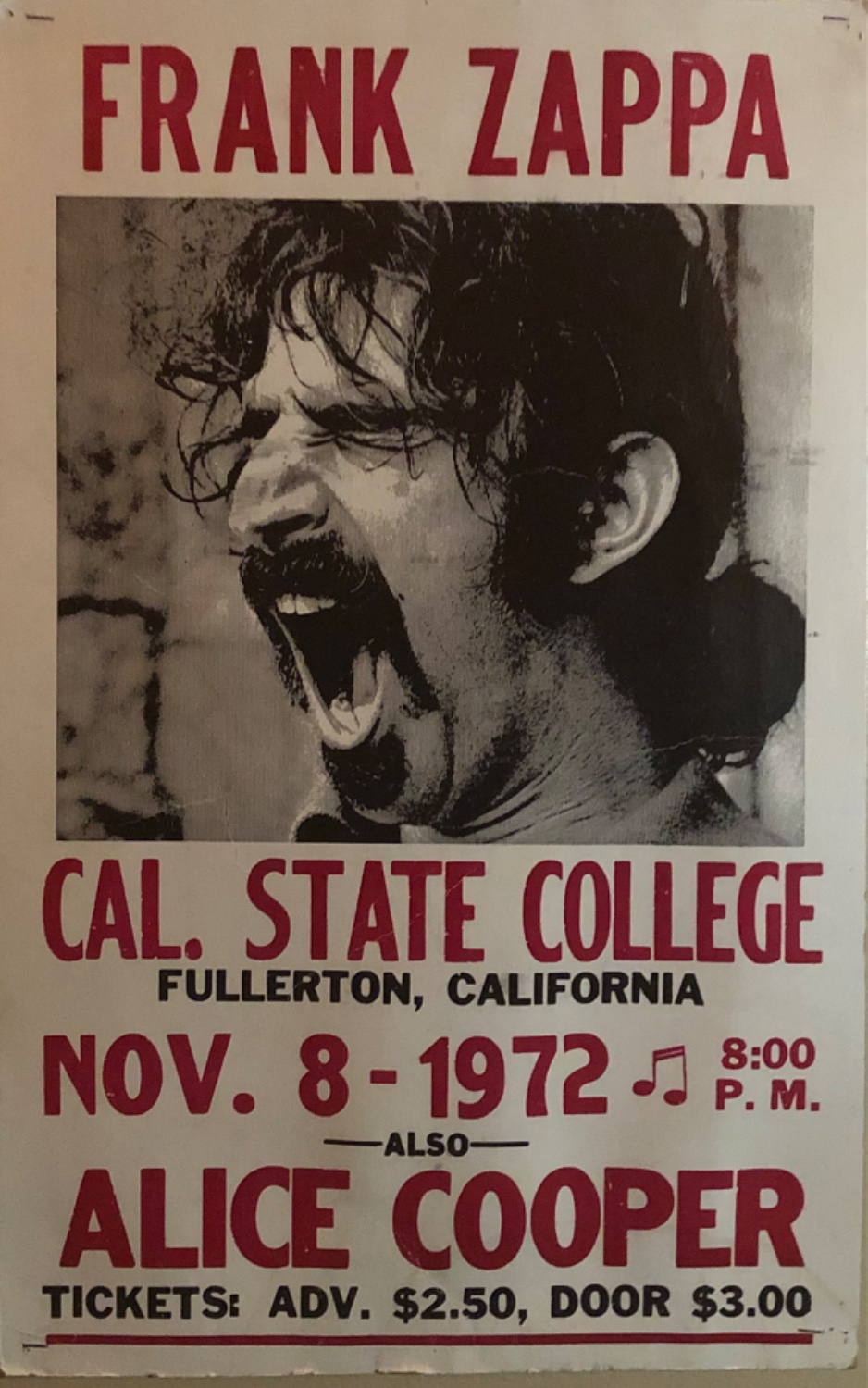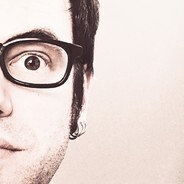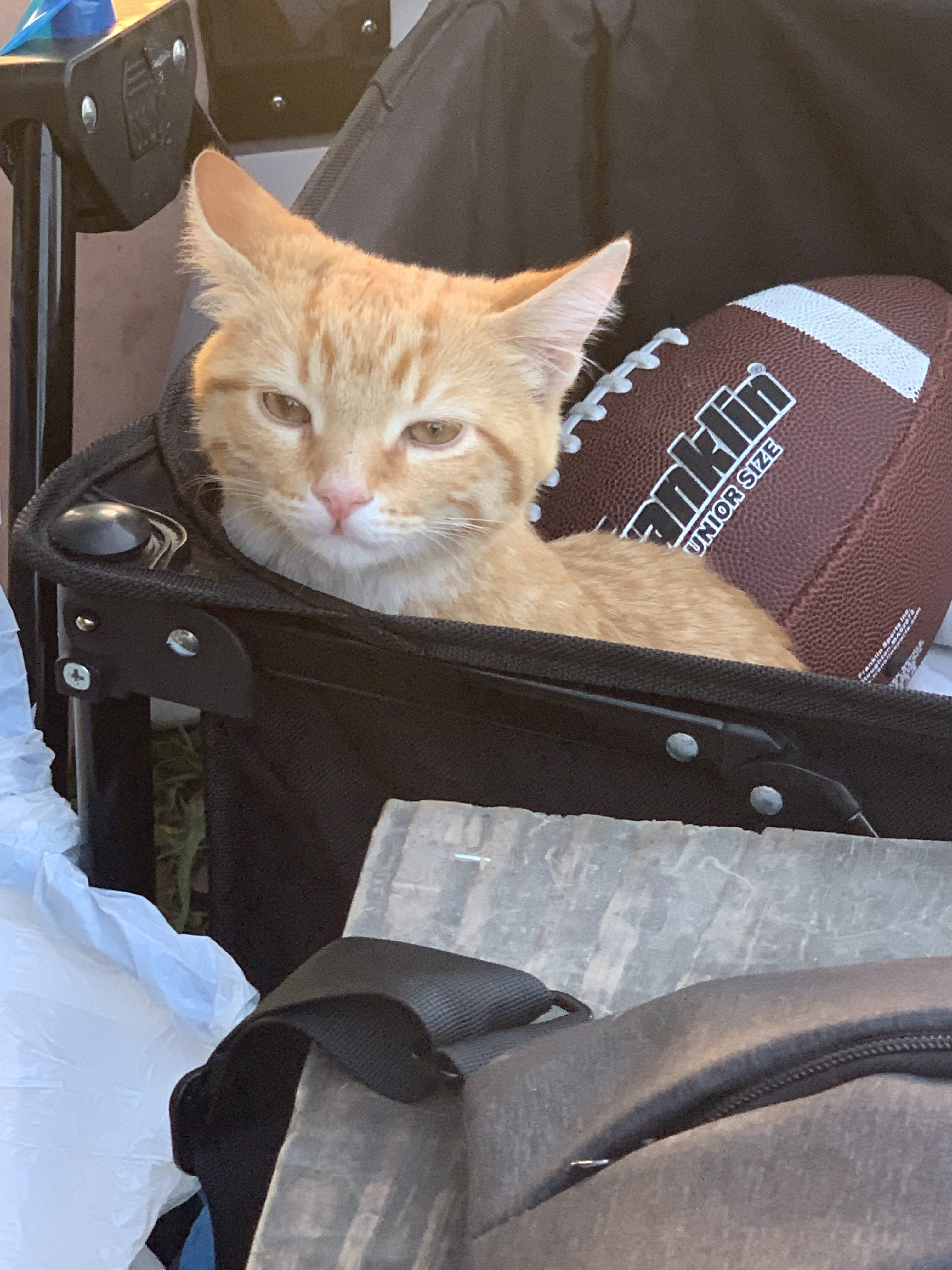I have a ticket stub in my basement from when I saw Nine Inch Nails and A Perfect Circle for $40, so I definitely remember. I went to a ton of concert when I was younger making a fraction of what I make now.
That concert was in 2000, so in today’s money that $40 would be around $72.
In 2022 I saw NIN in Cleveland and got GA tickets for $48 each (including fees).
Keep in mind NIN in 2022 doesn’t have the leading act draw they had in 2000, and that isn’t the same as say 1990.
We need metrics that include their popularity/ticket sales, etc.
I paid $100 a ticket in 1985 for a stadium sellout band at the time. Ten years before my older siblings paid $40 for the same band.
This was the concert they played for their induction into the Rock & Roll Hall of Fame. It also included past members of the band. It was a very in-demand show and not a ‘headlining at the county fair/local casino’ show.
I mean, there’s a drastic difference in cultural relevance over those 20 years. 2000 was at the tail end of their peak. Supply/demand would certainly affect the equation.
Support your local music scene! I mean like bars, cafes, clubs, outdoors, even restaurants can have local or regional groups playing in all kinds of styles and they’re often pretty good. You can be feet away from the band and talk to them afterwards if you want, and the cost is minimal.
Video is talking about exactly such a local scene and how it’s being killed right now.
No, from the transcript it looks like they’re talking about mid-sized venues (they give an example of a 400-person venue), I’m talking smaller than that.
So what do you do if your band has more than a following of more than 100 people? There’s a reason these venues exist.
Yeah, I hate Ticketmaster too. I’m just saying while you lobby for them to be broken up as an illegal monopoly, support your local music scene.
Oh you think I forgot what it was like in my teens. I just don’t go to shows anymore.
There’s is a simple solution to this: stop buying concert tickets. I know, I know - who wouldn’t want to get together with thousands of other people in a tiny space and listen to the same music together, feel the same beats, breathe the same air, share the same pathogens… Sounds great.
But this is how price exploration works (which in a monopoly looks a lot like price gouging). You have a product and want to make more money, so you double (often less, this is a simplification) your prices thinking if it’s too much people will stop buying and you’ll have a sale or drop prices back to what they were. But people keep buying your product, so of course you’re going to keep the price the same even if you get a couple of dirty looks. So after a bit you reason if people are willing to pay 2x for it, maybe they’ll pay 2.5x or 3x, so you try it, and it works… Rinse and repeat.
The only way to break the cycle is legislation (not likely, but more consumer protections would of course be welcome) or to stop buying.
I was going to say that stopping buying tickets obviously won’t prevent them from going up even if it does temporarily but then you said it yourself in the last paragraph. You can’t take away monopoly power without government action.
So in this case you’re saying concert tickets are a right that the government must enforce?
Wut
I keep saying things like this on lemmy and catching hate.
“Video games companies are fucking us!”
“Have you considered not buying their games?”
“FUCK YOOOUUUU!”
If I have a non-essential product, I’m selling it for every penny I can wrench out of the public (idiots). Hell, even with food you got options. I’m on the edge of a little redneck suburb and have 7 grocery stores within 10-miles. I vote with my wallet at the rundown places that are half the price of Publix. I won’t begrudge Publix’s ludicrous pricing, I just won’t go.
Hey guys: If you are paying for this shit, you are the problem, not the system.
I think the delivery might be the problem more than the message, based on this anyway. But you’re not really wrong. Food, clothing, shelter - these are all things you have to obtain, or die. Not so much the case with concert tickets or video games.
Also, that avidamoeba person you replied to wasn’t saying concert tickets are a fundamental right, they’re saying that prices would go up even if people stop buying, because it’s a monopoly and monopolies usually require a government to break up.
these kind of boycotts have never really worked to impact lasting change.
They don’t work because concert tickets are still under valued. If an artist can sell out a 9,000 person venue at $20 a seat, and then they find out they can still sell out the same venue charging $200 a seat - just to a different crowd, then they are going to go with the $200 option.
I love going to concerts and now that I’m older I mostly avoid General Admission tickets, so I’m already paying more. This year I’ve gone to 6 concerts and on average I’ve paid around $120 per ticket. While expensive, I’ve never felt like what I paid wasn’t worth it. But, when it comes to beer/water/food I always feel that it’s over priced and not worth the cost. Don’t get me started on the employee asking for a 20% tip on a $20 beer.
Watch the video. Neither the artist nor the venue have any real say on the matter.
Artists absolutely do have a say on the matter, they can say no. They can not tour. They can only do small venues that don’t use Live Nation. They can use other ticketing services - although the most expensive concert I went to this year was Rolling Stones and they didn’t use Ticketmaster.
Artists choose to go with Live Nation because it makes them money, provides a better ticketing experience for their fans, and gives the artist a boogeyman to blame for high ticket costs. Pearl Jam tried to fight this fight in the 90s and realized that there isn’t a better alternative if they wanted to tour and make money. They chose to keep touring and went back to using Ticketmaster.
No. You’re wrong. Watch the video.
It’s not a boycott. Boycotts don’t work because they appeal to and are based in emotion. I’m appealing to your wallet. If you can’t afford concert tickets, don’t buy them. Don’t go without something you need to make it work, don’t use credit. Just don’t buy, like you don’t buy a new car every few years or how you don’t buy a gold-plated snickerdoodle or whatever.
Otherwise, the company is right and people will pay a lot more for the product, so they’d think themselves crazy not to raise the price.
People who can’t afford it are already not going. That’s why their CEOs are comparing concerts to luxury handbags.
You’re still appealing to emotion of those who can afford it.
Then the company is right and those tickets are worth the extra money they’re charging 🤷♀️ What’s your point here?
And this is why boycott like his don’t do shit. Capitalist brainworms man, I’ll tell ya…
I don’t have the ability to listen to a video right now to engage with the points this video specifically makes, but I will share something I just recently learnt that may alleviate some of the blame from Ticketmaster for concerts becoming expensive.
There’s been a complete flip in the music industry. It used to be that record sales were the primary means of musicians getting income, and they would use concert tours as an advertisement for their records. But since digital downloads of singles, and even more since streaming, people listening to their music at home doesn’t make much money for musicians anymore, except for from the small subset of hardcore fans who might be buying vinyl or other collectors’ items. So instead they make money by touring and selling merch (which itself is often associated with a tour). Which naturally means prices need to rise.
None of this absolves Ticketmaster for its role in dishonestly raising the prices through the use of extra mandatory fees. The advertised price should be the minimum price you can actually pay, inclusive of all required components.
Didn’t most musicians earn their biggest part with merch & concerts back in the day though?
Touring and merch have always been the only way artists could make money. The albums and videos are the advertisement.
I asked my friend who was heavily involved in the funk scene in the 60s/70s (touring with Funkadelic and Chaka Khan) and he calls bullshit on that claim. Unless you’re your own label or can sell millions of em, record sales ain’t shit. It’s all about the concerts and merch.
Unless you’re at the top, touring and merch have always been the money-makers. Can you provide evidence of this flip? Speaking from 20+ yr in DIY music, I’ve never known a band who wasn’t in big box stores to make anything approaching stable money off records and the bands I know in big box stores aren’t big enough to make much at all off 10% to 20% of a low volume of sales. Bands that are big enough to sell out a stadium are above my scope so I can only guess, say, Metallica made enough off record sales to do dumb shit like sue Napster.
On the backend I have yet to see a valid reason other than greed for a ticket servicer or artist to gouge prices as high as they go. Ticketmaster has openly talked about how they happily hide higher prices behind service fees for artists too afraid to openly gouge and secretly colludes with artists.
I don’t have the ability to listen to a video right now
This is the same as reading a clickbait headline and going off in the wrong direction. Your point is contradicted in the summary of the video and skimming the summary highlights all the things you would need to know.
What you’re talking about happened way before the Ticketmaster-Live Nation monopoly became a thing. Today if you want to make a medium to large concert you have no choice most of the time but to use a Live Nation venue and Ticketmaster for tickets. For example Live Nation owns all large concert venues in Toronto and I recently learned they’ve purchased the well known smaller venues over the last few years. They’re now in a position to extract more value from fans and performers. Similar to how large grocery chains can extract from both customers and suppliers.
You should see the video though. It explains things well.
This is the most absurd falsehood I’ve ever read in my life.
Concerts used to be loss leaders to drive album sales
With albums sales down the concert has become the product and ticket master’s business model is to be the only game in town and wring out as much money from concert goers as possible
I know, I was there.
I think a part of the reason concerts are so expensive is big acts tour with an army of performers and stage hands to ensure the music sounds exactly like the recording. That’s what the audience has come to expect.
There really needs to be an anti-trust lawsuit against ticketmaster







